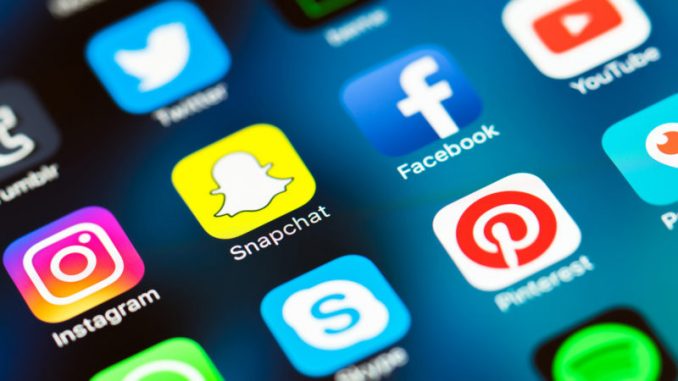
Colin Maruscsak, Staff Writer |
I woke up this weekend after a late-night playing video games with my friends who live and go to school across the country, to immediately check my phone and browse social media, and then to call my parents who live a few hours away to check in with them. But does technology keep us connected, or does it just drive us more apart? Technology allows us to stay in contact with those who matter to us, regardless of the distance. I’d argue that technology in fact makes us feel more alone than connected.
We are all for the most part guilty of staring at our phone screens rather than engaging in verbal conversation. Imagine going out to eat with your friends who you haven’t seen in forever and you have been saving the date for a while now; you finally show up and begin to chat with them before there phone lights up. They excuse themselves to send a quick text before they become more invested in their phone conversation than with you. Instead of engaging face, to face you begin to give halfhearted responses to each other before you give up and relinquish yourself back to checking the same social media posts you saw a half hour before showing up. While being a bit dramatic, it still serves to demonstrate that with the overabundance of technology that has been ingrained into todays social structure, it serves as a hinderance for those who are actively seeking to be more social.
In a study done by the Cigna Health Insurance company of a survey of 20,000 Americans, 46 percent of them reported feelings of being always or sometimes lonely. However, they further document that how long people spend online also contributes to feelings of loneliness. They say that users who access social media more than fifty times a week are three times as likely to develop feelings of social isolation than users who accessed social media platforms like Facebook and Snapchat less than nine times per week.
This is most likely due to the fact that we choose to obsess over documenting our lives rather than live in the moment. Seeing people around you have a better time than you or those who might possess more of a certain trait than you can make you feel inadequate. While most people can realize that people choose to share momentous or joyous moments of their lives to the world, low self esteem users would become trapped in the minefield of social media with triggers surrounding them.
This is not to say that social media is inherently bad, but users who experience feelings of loneliness should be encouraged to go out, try new things, and engage in social activities to whatever intensity they are comfortable with. Next time you find yourself in a social scenario, try to put your phone down and be more present with the people in the room. With the omnipresence of social media and technology in our daily lives, it is our job as consumers to be aware of the mental health repercussions it has on us and to be aware that it can separate us entirely from our social lives if we aren’t conscious about these facts.
Leave a Reply